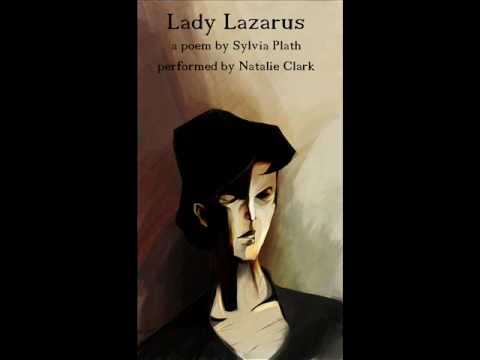Journal 3: Death & Mortality
Discuss how each author from this week's readings approaches the theme of death and mortality.
LITERATURE JOURNAL
Aaron Williams
7/14/20242 min read


Lady Lazarus by Sylvia Plath | Poetry Foundation
Reflecting on this week's readings, each author presented a unique perspective on death. Sylvia Plath's "Lady Lazarus" depicts death as an act of defiance and a repeated performance. The speaker, who has survived multiple suicide attempts, sees dying as an art she excels at. The poem’s imagery of the Phoenix rising from its ashes suggests a cycle of death and rebirth. Plath’s approach is raw and confrontational, blending resilience with sharp criticism of those who have wronged her. Her bold challenge to the audience reflects a spirit unbroken by despair. However, W.H. Auden’s "Funeral Blues" offers a pure contrast with its deep expression of grief and finality. Auden mourns a deceased loved one, calling for the world to come to a standstill. By demanding that all clocks stop and the message "He Is Dead" be written in the sky, Auden externalizes his personal sorrow. His grief is so overwhelming that it seeks to echo through the universe, capturing the profound disruption that loss brings to the mourner's life. Auden's depiction of death is deeply personal and emotional, showing how the absence of a loved one can unravel the fabric of existence. In William Shakespeare's "Hamlet," particularly in the soliloquy "To be or not to be," death is explored through a philosophical lens. Hamlet ponders the value of life and the fascination of ending one’s suffering through death. Yet, the fear of the unknown after death, described as "the undiscovered country," inspires hesitation. Shakespeare’s examination of mortality is rooted in existential sorrow, where the pain of living contends with the fear of what comes after death. Among these perspectives, W.H. Auden’s approach in "Funeral Blues" stands out for its emotional depth and universal resonance. Auden’s vivid portrayal of grief and the impact of losing a loved one powerfully convey the human experience of mourning. His call for the world to stop highlights the deep sense of loss and the desire for the universe to acknowledge and share in the sorrow. Auden’s work sadly illustrates how death can leave a void so vast that it seems to stop the very progression of time and life itself.
